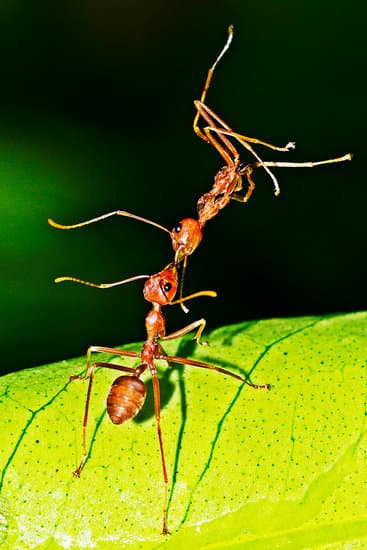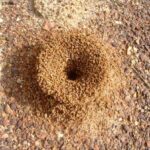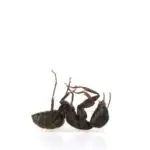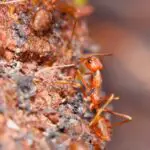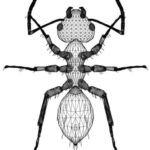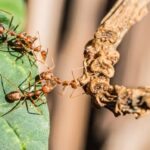Why Can’t Everyone Smell Ants?
Using pheromones, ants communicate with each other and send alarm signals. They use the chemical to identify their food sources and members of their colony. They also leave a scent trail for food sources to follow.
Ants have ten glands inside their bodies that produce different chemicals. Their antennae are covered in chemical receptors that are used to pick up pheromone molecules. These molecules are then picked up by the sensilla, a special cell that is located on the antennae. These cells then produce odor-binding proteins. These proteins enter the nervous system through a pore in the sensilla and cause a reaction. The reaction sends an electrical energy nerve impulse to the brain.
When threatened or in danger, ants release a chemical called formic acid. This chemical smells like vinegar, but can burn the skin of a predator. However, only a very small percentage of people are able to smell formic acid.
Some people can’t smell ants at all. This is thought to be genetic. Some species only produce the smell of ants when they are in danger. For example, carpenter ants release a vinegar-scented substance when they are threatened. Wood ants also produce a very strong smell.
Another species, Citronella ants, are known for their citrusy scent. They release a slight lemony aroma when squished. When ants die naturally, most of them release oleic acid, a chemical that smells like olive oil.
There is an annual BugFest at the N.C. Museum of Natural Sciences, which educates the public about insects.
